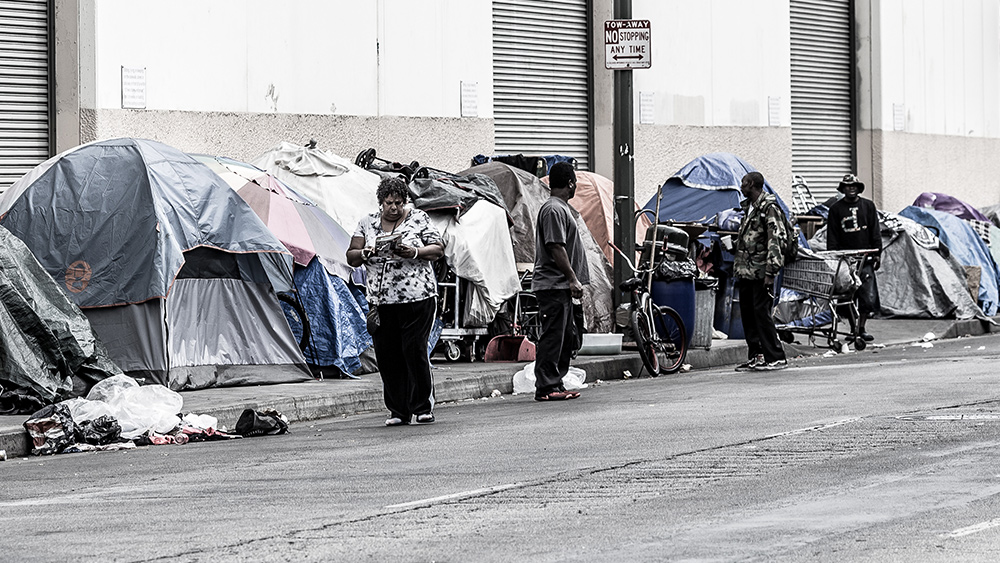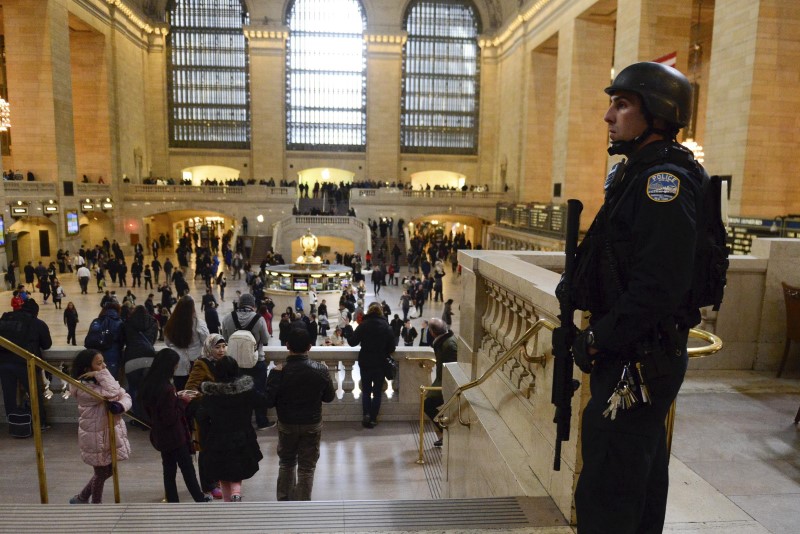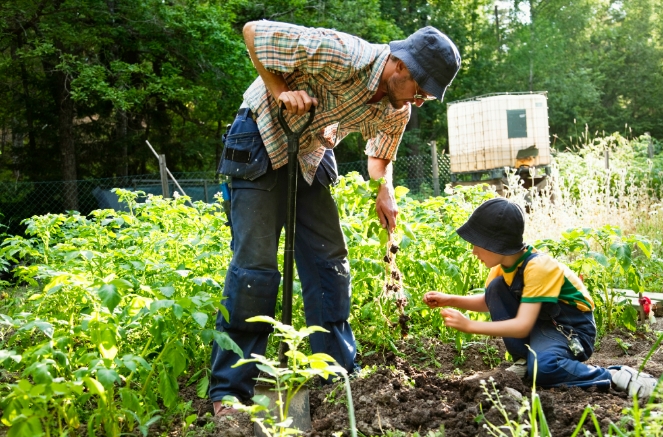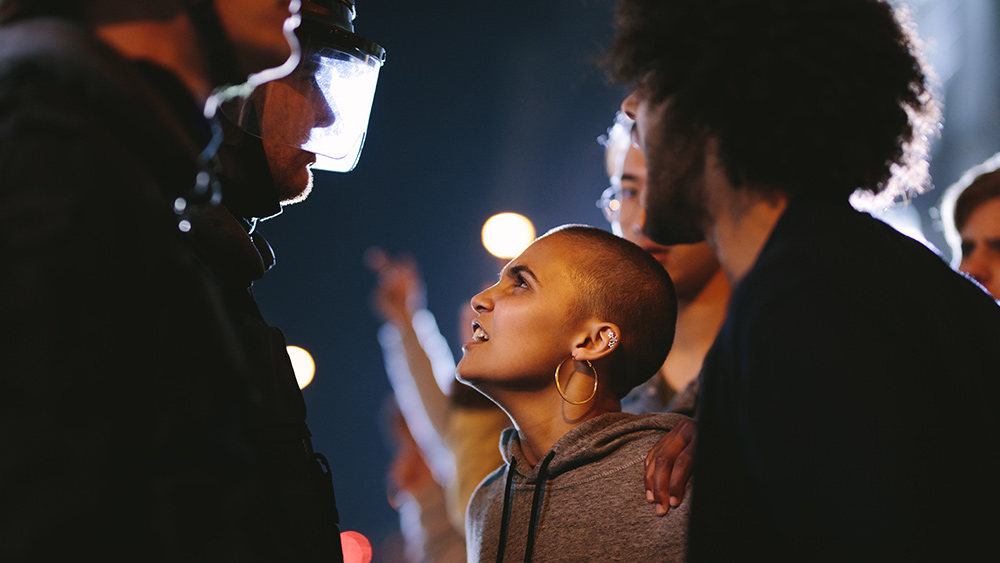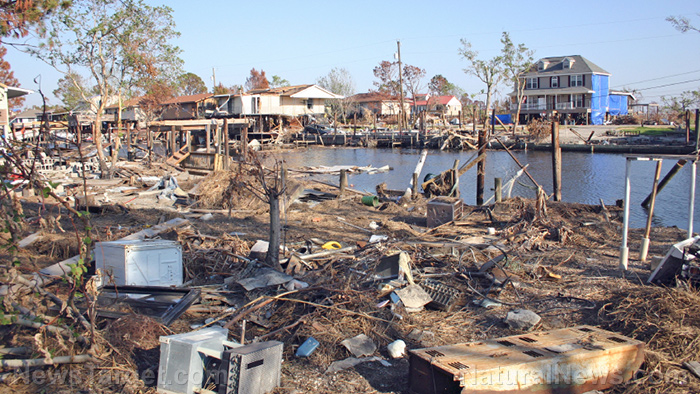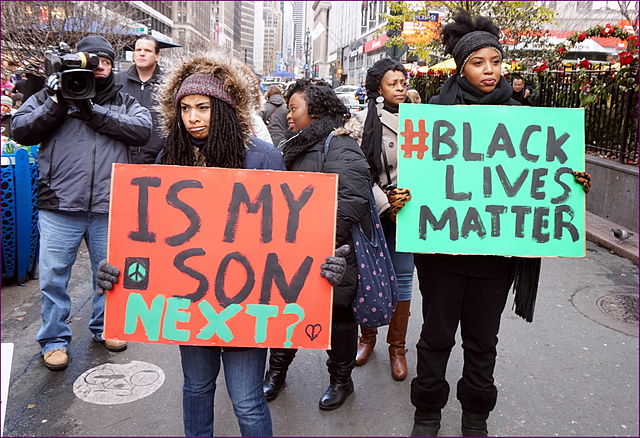PLANNED DESTRUCTION: Coronavirus lockdowns eliminated African American employment gains from the past decade
06/12/2020 / By Franz Walker

Efforts to stall the spread of the Wuhan coronavirus (COVID-19) not only brought the economy to a halt, but they also ended what had been the best African American job market on record.
The decadelong economic expansion brought with one of the most promising economies for African Americans in recent memory. Not only did their unemployment reach record lows, but their wages had also risen modestly.
All that changed when the global coronavirus pandemic hit U.S. shores.
Shutdowns set African Americans back
When measures to slow the spread of the coronavirus shut down businesses in March, a number of black people who had benefitted from the past decade’s economic expansion found themselves without jobs.
Anthony Steward, a Milwaukee cook was one of those. In 2018, Steward had left his $10.5-an-hour job at a corporate cafeteria for one paying $15 at Fiserv Forums. Here, at the home of the National Basketball Association’s (NBA) Milwaukee Bucks, Steward found himself serving steaks, chicken wings and eggplant mozzarella for luxury-box guests, including Hall of Famer Kareem Abdul-Jabbar and rapper Ja Rule.
That all ended in March after the NBA suspended its season due to COVID-19. After losing his job, Steward eventually found himself ill and was subsequently diagnosed with the disease.
“It was like everything was falling into place, and now it’s all paused,” said Steward, who doesn’t know if he’ll return to his old job. The NBA’s July 31 return is set to take place in isolation at the ESPN Wide World of Sports Complex at Walt Disney World Resort in Orlando, Florida, far from the Milwaukee stadium where Steward used to work.
In addition, Steward is also concerned about the healthcare bills he’ll have to take care of once he’s recovered. However, even if he does get a job, he suspects that he’ll have to take a pay cut as many in the food-service industry are unemployed.
Black people gained a lot in the past decade, but they were still vulnerable
For most people in the U.S., double-digit unemployment rates may be unfamiliar territory, but it isn’t something African Americans haven’t seen before. From September 1974 through November 1994, unemployment within the black community topped at 10 percent. (Related: The coronavirus crisis has resulted in the worst unemployment spike in American history.)
More recently, during the 2008 financial crisis, unemployment among African Americans peaked at 16.8 percent, equal to levels seen this past May.
Things began to change as the economic expansion from the past decade lengthened. Employers started giving more changes to people passed over before, including those with long stretches of unemployment. In addition, the fierce competition for talent meant that biases that held people back on from hiring and promoting of black workers carried less weight.
Even when African American unemployment was low, however, their overall economic situation was still fragile. As a whole, they had less job security and wealth than Caucasians; this has left them especially vulnerable to the economic shutdown.
Historically, black people have recovered much slower from recessions than other groups. This now weighs on them, even as the steepest economic contraction since the Great Depression shows signs of turning.
In addition, COVID-19 also hit them harder, both medically and financially. According to Bradley Hardy, an economist at American University, this was in part due to the fact that a larger number of black people lack access to medical care while many of them also work in low-wage jobs. The latter usually involves jobs that cannot be done remotely.
Addressing issues faced by African Americans will take time
According to National Center for Allergy and Infectious Diseases director Dr. Anthony Fauci, the coronavirus pandemic has shined “a very bright light” on the health disparities and the harder impact of diseases such as COVID-19 on people of color, especially African Americans.
With these disparities in mind, he said that it’s essential to focus more resources to control the spread of the coronavirus in areas with large black populations.
However, he admitted that the longer-term solution will take decades as the socioeconomic and dietary factors that contribute to so many of the health problems among African Americans will have to be addressed.
Sources include:
Tagged Under: african-american, black, Collapse, coronavirus, covid-19, destruction, disease, economy, Flu, jobless, jobs, lockdowns, outbreak, pandemic, Plandemic, quarantine, recession, risk, superbugs, unemployment
Get independent news alerts on natural cures, food lab tests, cannabis medicine, science, robotics, drones, privacy and more from NewsTarget.com
Get independent news alerts on natural cures, food lab tests, cannabis medicine, science, robotics, drones, privacy and more from NewsTarget.com
RECENT NEWS & ARTICLES
SHTF.News is a fact-based public education website published by SHTF News Features, LLC.
All content copyright © 2018 by SHTF News Features, LLC.
Contact Us with Tips or Corrections
All trademarks, registered trademarks and servicemarks mentioned on this site are the property of their respective owners.






